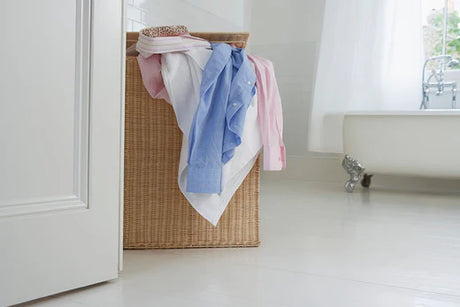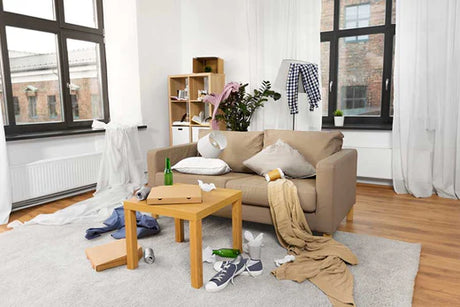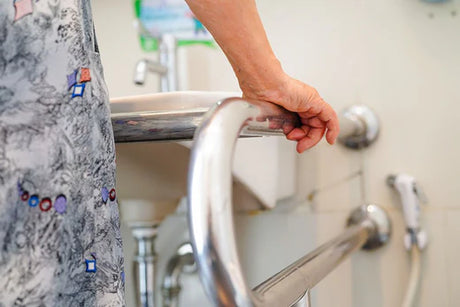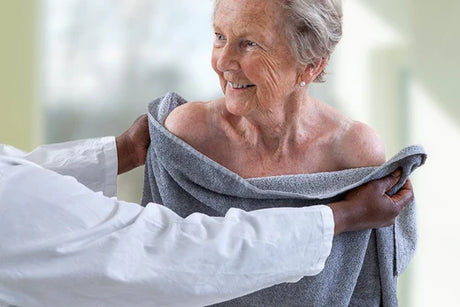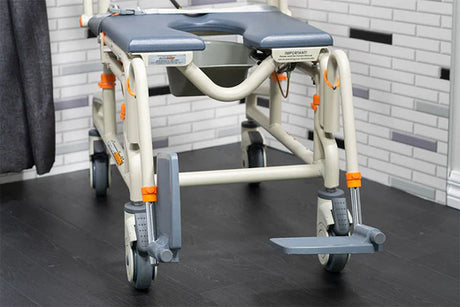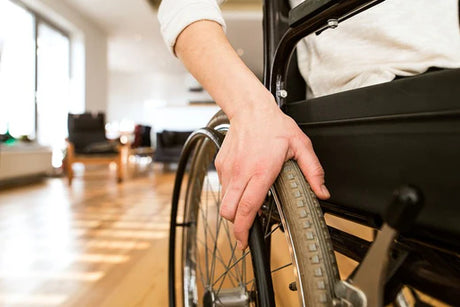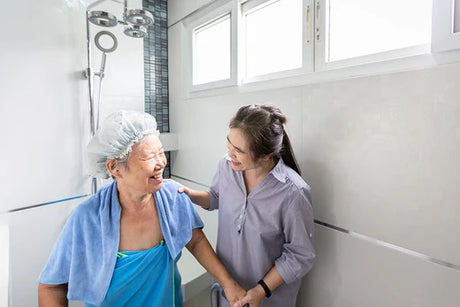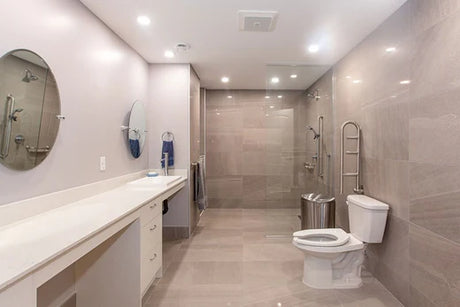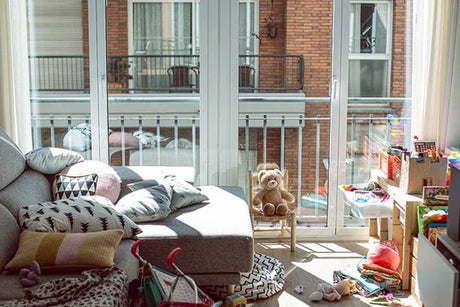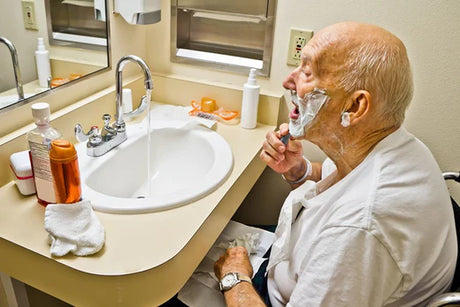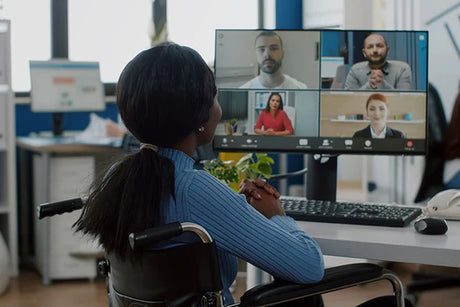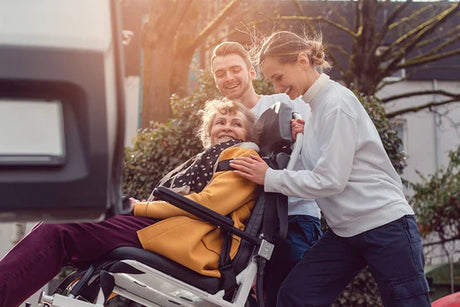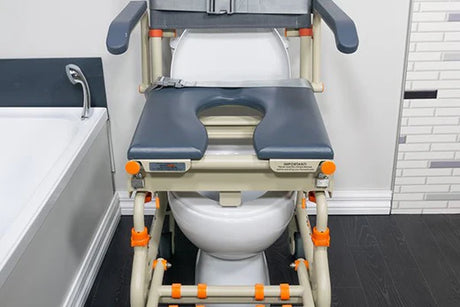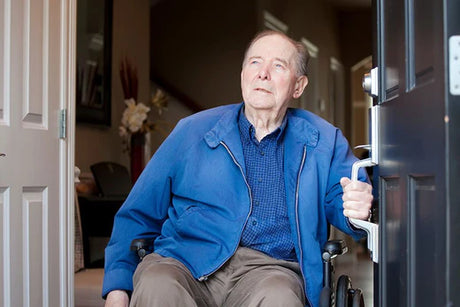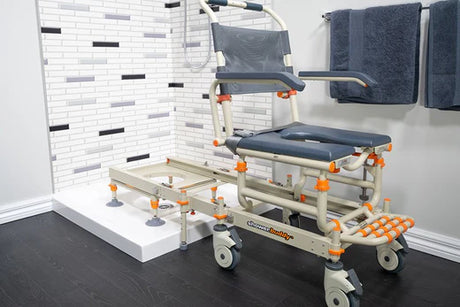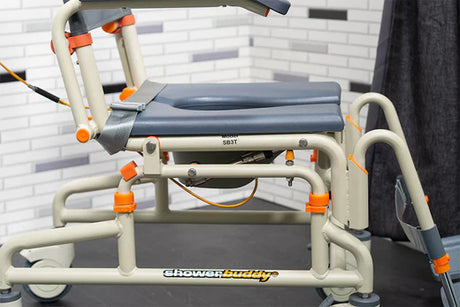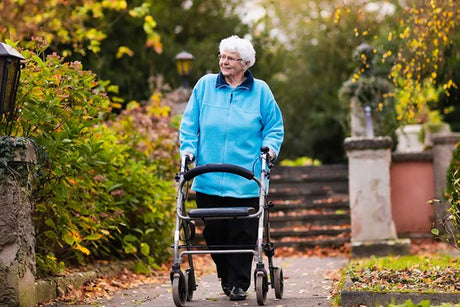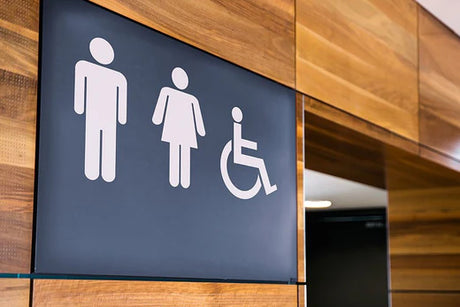In this article we’ll talk about some ways you as a family or a mobility impaired individual can find these communities and why they’re worth exploring.
Discuss with your health provider or OT
Attend local meet ups
Across Australia you can find local meet ups across the breadth of disabilities. These groups provide an opportunity for individuals and their families to build friendships and potentially even opportunities to help each other. Meetups may be organised with a specific agenda or speaker and goal, or may simply be an open socialising occasion with others with similar experiences. Local meet ups often create communities in themselves as the same people attend each one and over time create bonds. These meet ups may also be used to discuss matters of mutual interest such as resources available.
There will be more than one meetup to choose from. It’s important to recognise that the mobility impaired community aren’t all automatically going to socialise with each other – we all have different personalities that gel in various ways. That’s why it’s a good idea to do your research and try a few different ones (depending on availability in your area).

Online communities
Start by simply searching on Facebook a particular mobility impairment combined with your city or Australia on the whole. This may surface groups of people who aren’t just going through the same experiences, but are doing so in a locale where the tips are applicable to you. For more general discussion about the lived experience with that impairment, global communities can also be helpful.

Find groups with interests similar to yours
Perhaps you’re interested in becoming more independent through operating a vehicle with hands only. Or maybe you’re an entrepreneur with desire to be inspired by (or inspire) other business people who have a disability.
There are no rules when it comes to searching out new communities. And by no means does a mobility impairment mean that your only options are within disabled-based groups.
Establishing friendships

Events
Further reading
Enjoyed this article? You may be interested in these resources online:
- Disability Australia Hub – Organisations
- National Disability Representative Organisations – Australia Department of Social Services
- Australian Federation of Disability Organisations











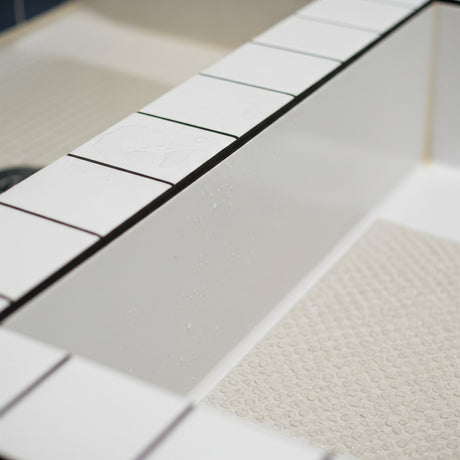

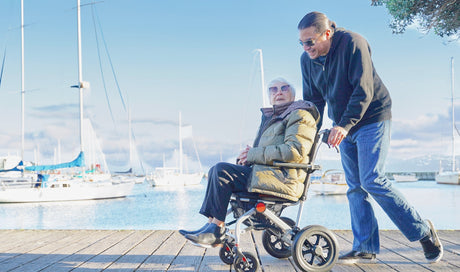
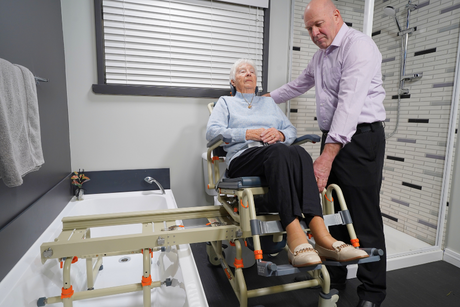
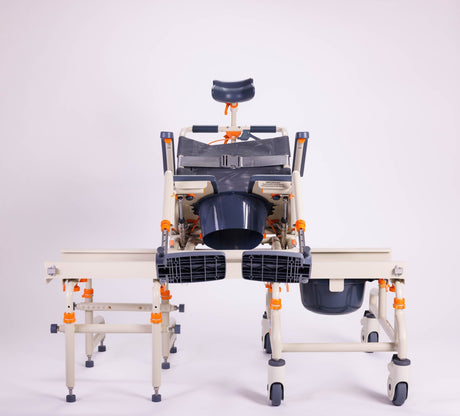
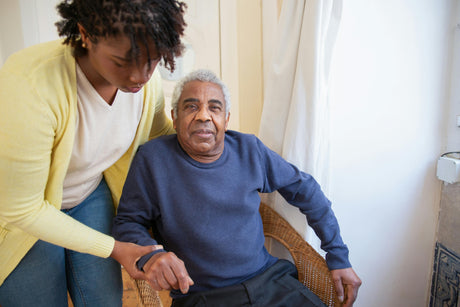
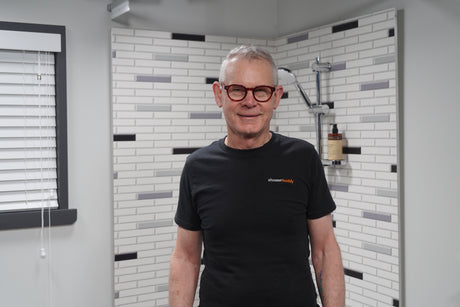
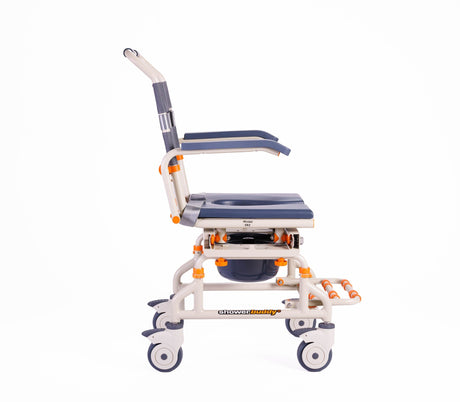
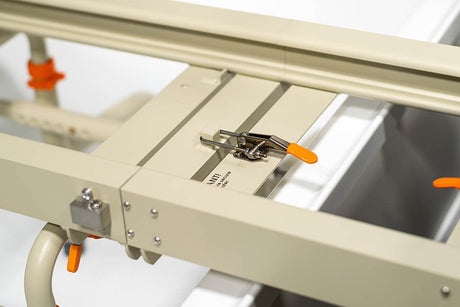
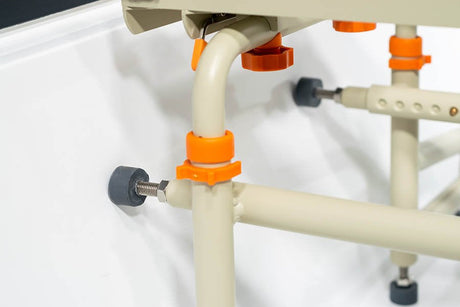
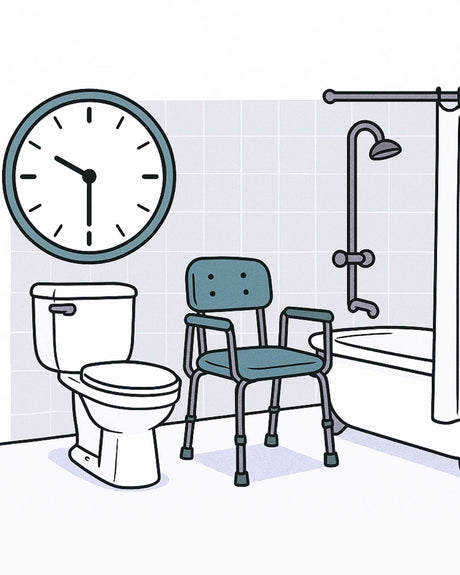
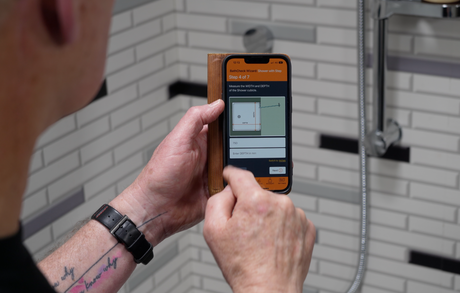
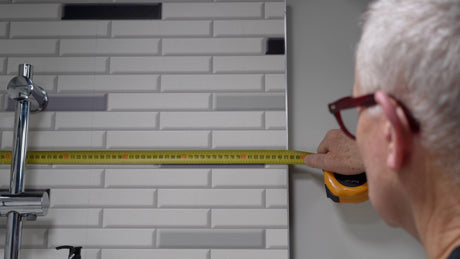
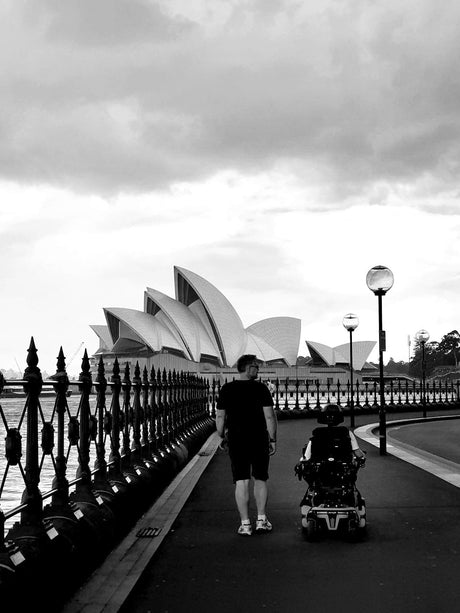
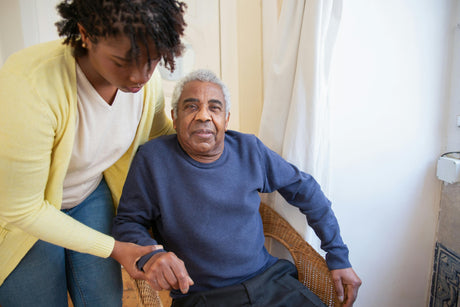
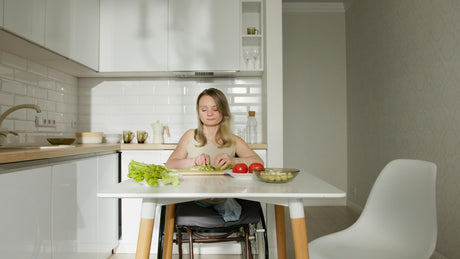
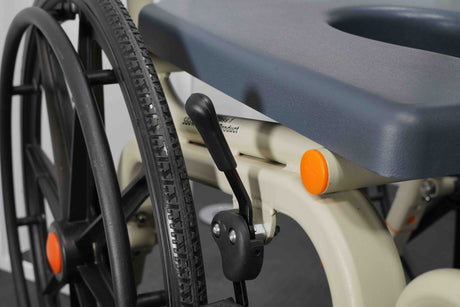

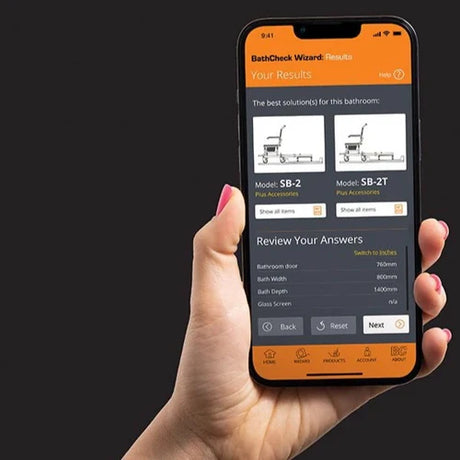
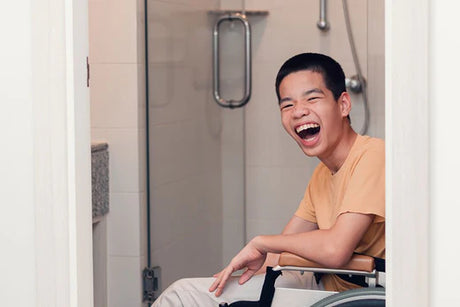
![Toilet Training A Young Child With Mobility Challenges [And How A Shower Chair Can Help]](http://shower-buddy.com/cdn/shop/articles/toilet-training-disabled-child_520x500_a90e5234-d372-435d-aa56-8da15dd3836c.webp?v=1722557239&width=460)

